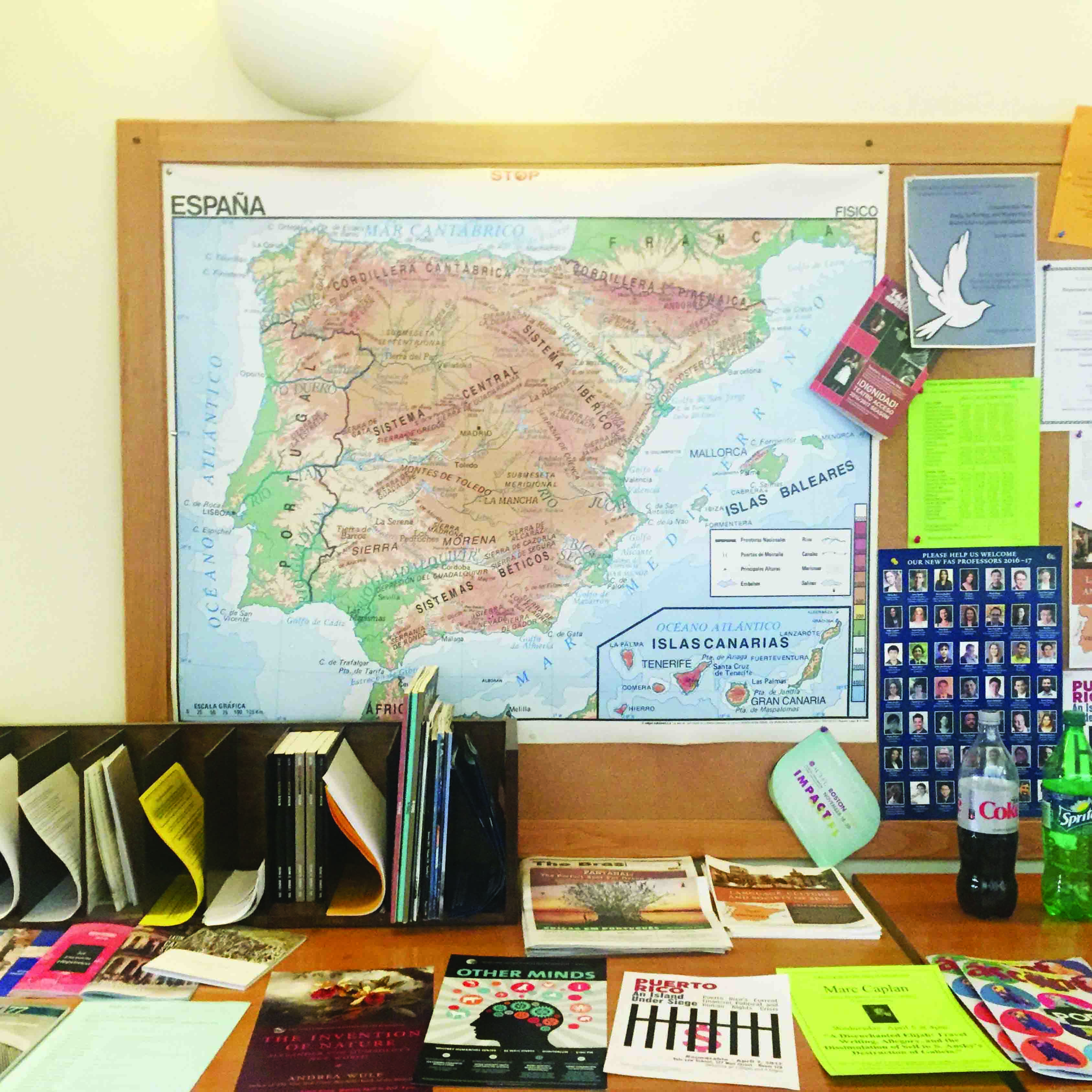
Susan Byrne, a former Spanish professor at the University, received thousands of pages of documents from Yale relevant to her ongoing lawsuit against the University.
Byrne filed a complaint in U.S. District Court for the District of Connecticut in 2017 after she claims she was denied tenure in retaliation for speaking out against the sexual harassment she experienced and witnessed in the Spanish and Portuguese department. The documents requested from the University, which total 17,000 pages, are confidential, Byrne’s lawyer, Jacques Parenteau, said.
Key University officials will be asked to testify for the trial, including Provost Ben Polak, Deputy Provost for Health Affairs and Academic Integrity Stephanie Spangler, Dean of the Faculty of Arts and Sciences Tamar Gendler, law professor Kate Stith and senior members of the Department of Spanish and Portuguese. Parentau told the News that a trial to demonstrate the case’s claims will likely take place sometime in 2019.
Byrne’s attorneys first requested the documents in Sept. 2017 and did not receive the bulk of requested materials until 2018, with the lawyers receiving the latest batch of documents this month. Still, the University has refused to release some documents related to the lawsuit. Parenteau, Byrne’s lawyer, contends that some documents “should have been produced but have not been.”
“Regarding my suit against Yale, we are still in the middle of the discovery-deposition phase of the process,” said Byrne, now chair of the department of World Languages and Cultures at the University of Nevada. “Although confidentiality rules prohibit my commenting on the specifics of what I have seen, I can tell you that I feel fully confirmed in the need to have challenged the retaliation I faced for having spoken out against sexual and intellectual harassment in the department.”
Hungerford and University spokesman Tom Conroy declined to provide comment on the litigation. All other administrators and faculty members slated for deposition did not respond to requests for comment.
Among those scheduled to appear for deposition is Roberto Gonzalez-Echevarria GRD ’70, a professor of Hispanic and comparative literatures. According to court documents, Byrne alleges that Echevarria “surprised [Byrne] with a kiss on the mouth … in front of hundreds of colleagues and administrators” while at a party in May 2014. In the original complaint filed last year, she also claims she saw “Echevarria play with the hair of undergraduate and graduate students on multiple occasions.”
Byrne claims she reported the professor’s discrimination and harassment to members of the department as early as May 2014. The complaint also claims that Echevarria, then-department chair Rolena Adorno and then-director of graduate studies and current Director of Undergraduate Studies Noel Valis made “unsupportive and negative” remarks concerning Byrne’s research in retaliation for her speaking out against discrimination within the department. She was later denied tenure in 2015 by a 3 to 2 vote on a panel that included Echevarria, Adorno and Valis.
Byrne was terminated from the University in June 2017 as a result of the tenure denial. She filed the complaint in early July of that same year.
In 2015, the University opened a review of the Spanish and Portuguese department after an anonymous group of Spanish and Portuguese graduate students wrote a letter in which they criticized the environment of the department. Specifically, the letter contained complaints of sexual harassment against Echevarria as well as allegations that members of the department did not take the concerns of students seriously.
The University’s climate review of the Spanish and Portuguese Department in 2015 resulted in changes in leadership and organization within the department, including the appointment of a new director of graduate studies and mandated sexual harassment training for the faculty.
Amid these allegations, Echevarria took a unexpected leave of absence in fall of 2016, although no public explanation of his absence was given.
Carly Wanna | carly.wanna@yale.edu







